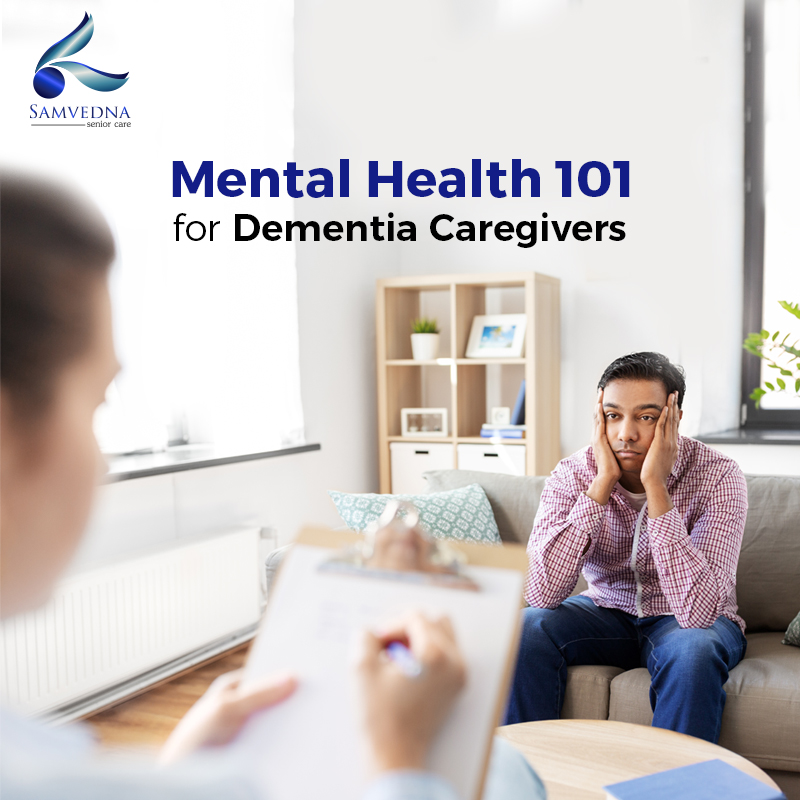Contact Us




Caring for someone with dementia can be an intensely emotional ride. Since there is currently no cure for dementia, it is your caregiving and support that makes the biggest difference to your loved one’s life. Just as each individual with dementia progresses differently, so too can the caregiving journey or experience vary widely from person to person.
A caregiver is a person who provides help to individuals to achieve tasks and functions necessary for daily life that may have, due to multiple reasons, become difficult for them. Caregivers can be informal caregivers who are usually family members, spouses, relatives, or friends. Other caregivers are paid, professionals. Caregivers might help in tasks such as assisting with activities of daily living, running errands such as shopping for food or clothes, arranging medical care, or making health or financial decisions.
With age, seniors require more care than before but for the elderly with dementia, even the simplest task can become difficult or impossible depending upon the severity of the symptoms. The condition can affect every area of a senior’s life which could lead to difficulties such as loss of memory, disorientation, difficulty holding a conversation, housekeeping, cooking, inability to recognize people, places or inability to complete the tasks of daily living which require more specialized care, that allows the senior to remain safe and happy.
Though caregiving can be rewarding and may help to strengthen connections with the loved one, caregiving may also be stressful and sometimes even overwhelming as caregiving for a loved one with dementia brings a number of unique challenges. For example, if you are working, caregiving responsibilities may impact your availability to work, you might sacrifice your leisure pursuits and hobbies, and you can also be at an increased risk for various health problems., As the disease progresses you may avoid taking your loved one to social events to reduce the likelihood of wandering or inappropriate behavior in public.
Over a period of time, this isolated lifestyle can increase your chances of feelings of social isolation, you may easily get annoyed or angry, or not get enough sleep. If you or your sibling are geographically spread out, long-distance caregiving can bring in extra costs such as the travels back and forth to meet the needs of your loved one. As the disease progresses, you might become so focussed on helping the loved one that you might be neglecting your own well-being. Poor diet and a lack of exercise could lead to long-term health consequences. Lastly, as elderly with dementia require more supervision and are less likely to express gratitude or acknowledge the help they are receiving from you which could lead to feelings of frustration.
The caregiving journey requires a lot of effort and time. In persons with dementia, cognitive, physical, and other abilities gradually diminish over time, and you might have to adapt to the needs of the loved one which could have a toll on your overall well-being. Several types of research have been conducted to study the burden between dementia caregivers and non-dementia caregivers. One such study showed that caregiving has a greater burden on dementia caregivers than non-dementia caregivers as they spend more hours per week providing care to their loved ones with Dementia. So, it becomes essential for you to take care of yourself as a caregiver whilst taking care of your loved one, as only when we first help ourselves we can effectively help the person with dementia.
To limit the challenges and ease frustration, here are a few tips that can help you with the caregiving journey: